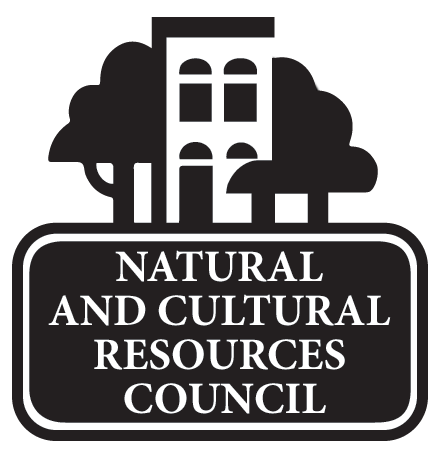 FOR IMMEDIATE RELEASE:
FOR IMMEDIATE RELEASE:
Little Rock, AR – The Sequoyah National Research Center (SNRC) at UA Little Rock received $57, 960 from the Arkansas Natural and Cultural Resources Council to utilize touch-screen technology for teaching the Trail of Tears through Arkansas.
SNRC has worked closely in the past with the Trail of Tears Association, the National Park Service, and the Five Tribes of Oklahoma to document Indian removal through the state of Arkansas. This project will use the existing research at the Center to create a visual journey by utilizing a tilted touch-screen surface table that will incorporate maps of removal routes, key sites along each tribe’s routes, historical information, photographs, timelines, and documents relevant to the tribes and the U.S. officials involved.
In this project, SNRC will also create a companion website for interested researchers around the world to experience the project without physically visiting the research center. The project will aid educators in telling a more complete history of the Trail of Tears through Arkansas that encompasses all five tribes.
About the Arkansas Natural and Cultural Resources Council
The Arkansas Natural and Cultural Resources Council (ANCRC) was established by the Arkansas Legislature in 1987 to manage and supervise a grants and trust fund for the acquisition, management and stewardship of state-owned properties acquired or used for ANCRC approved purposes. The grants, funded through the state’s real estate transfer tax, support projects that protect and maintain state-owned natural areas, historic sites and outdoor recreation. The ANCRC consists of eleven voting members and is administered by the Department of Arkansas Heritage.
About the Sequoyah National Research Center
The Sequoyah National Research Center is the world’s largest assemblage of Native American expression. Located at the University of Arkansas at Little Rock, SNRC is a unique facility dedicated to the collection, preservation, and dissemination of all forms of Native North American expression and has served as an archive for Native Americans since 1983.
Contact:
Erin Fehr
ehfehr@ualr.edu
501-569-8336
###